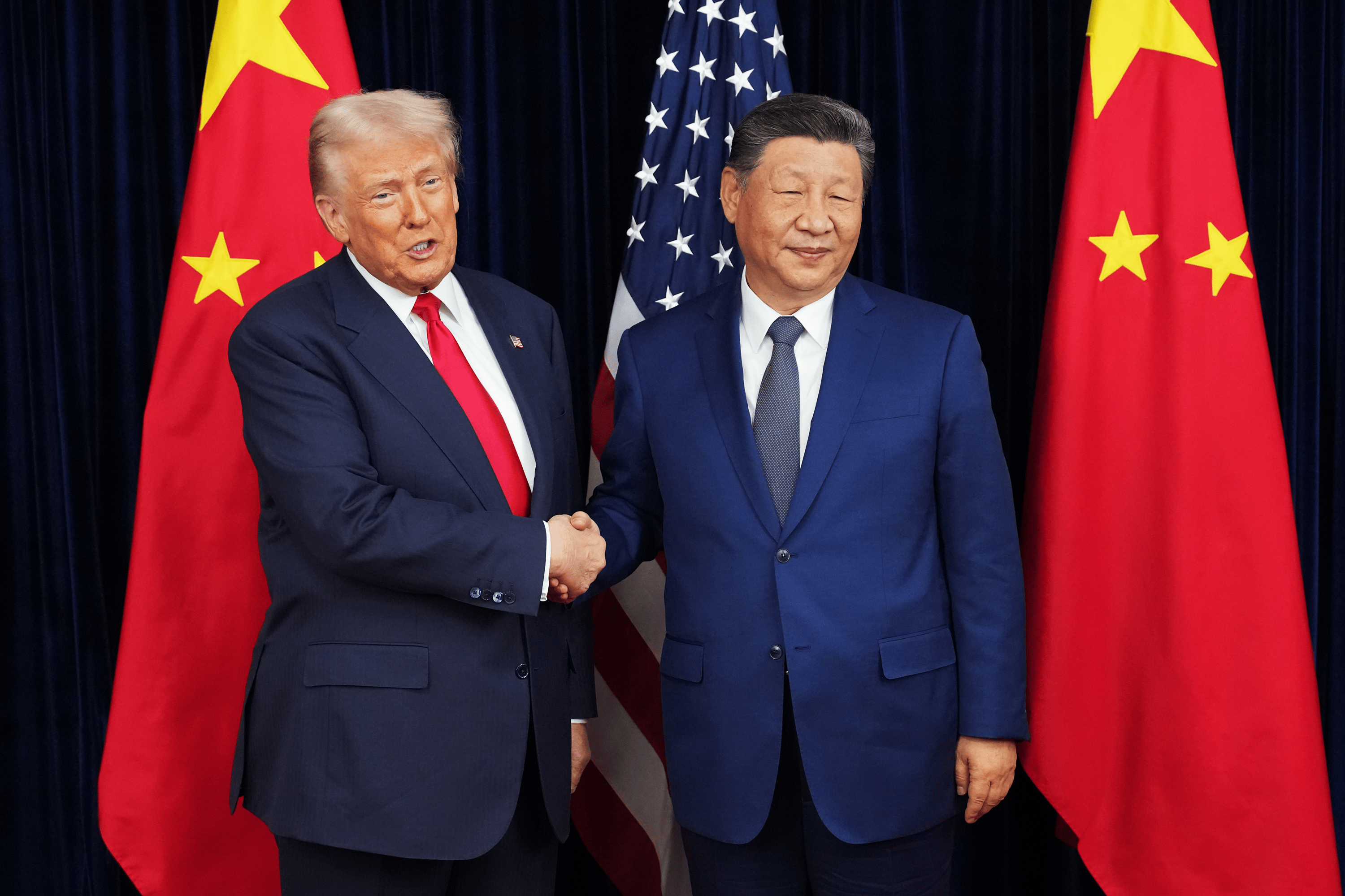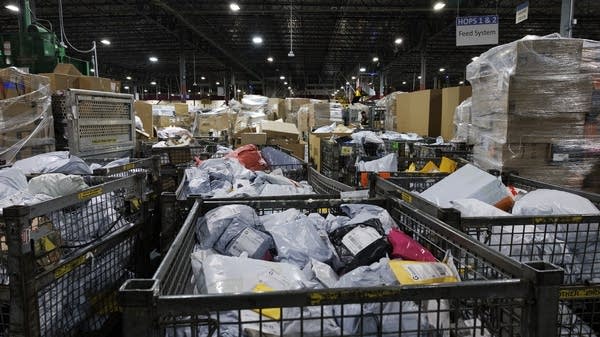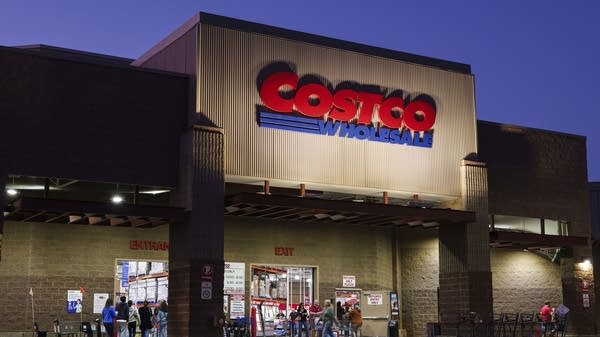The latest tariff pause is good news for supply chains — but turbulence remains
Everyone from manufacturers to retailers are scrambling to take advantage of this trade war truce, but some businesses are still putting future plans on hold

Once again, entire supply chains are adapting to a new tariff reality. From shippers to wholesalers to retailers and manufacturers. They’re all having to figure out what’s available and what costs what. But a lot of the tariff chaos is already baked in.
Let’s start at the ports. Last week, ships coming into the Port of Los Angeles were down by a third. Shipments from China were down by more than half.
This week? “What we are seeing (is) a huge uptick in ocean bookings,” said Bernie Hart, a vice president at logistics firm Flexport.
“Whenever you get huge peaks and valleys like this, there are stressors on the supply chain,” he said.
Boats were rerouted, truckers let go, containers are not where you need them. It all could mean delays and higher shipping prices at the next stop along the supply chain: manufacturers.
Death By Audio is a company that makes all kinds of sound special effect equipment. A week ago, the company had canceled plans to introduce a new effects pedal. Now, it’s a go.
“We were like, ‘Pull the trigger, let’s, like, order everything that we had kind of been holding off on,” said chief operating officer Heather Bickford.
The company is trying to take out a loan to order as much as possible during the tariff truce. A lot depends on how long things will take to arrive.
“It’s all just not very good for business as far as strategizing and planning,” Bickford said.
The same goes further down the supply chain, for the wholesalers.
Chris Overholt is president and founder of Namu Baru, Inc., which sells wholesale religious jewelry, including prayer beads, Hindu and Buddhist malas and gemstone rosaries. His goods mostly come from China and Korea.
On Friday, when tariffs on China were 145%, Overholt was ready to look for a new job.
“It’s literally killing my business, I can’t bring any orders in,” he said.
But now that tariffs have been slashed to 30%, things are moving again.
“I am going to bring in product now because I can’t wait for the hope that it’s going to drop lower,” he said.
Thirty percent tariffs mean Overholt is still raising prices on new stuff, but at least it’s moving. Here’s the thing, though: He’s still going to look for a new job.
“You know, I don’t know where things are going. I can’t play Russian roulette with my family’s income,” Overholt said.
One more step down the supply chain are the retailers like Jennifer Luna, owner of the Curious Bear Toy & Bookshop, near Tacoma, Washington.
“I’m leaving in like five minutes to go up to Seattle to do two days worth of buying for Christmas for the toy store,” she said.
Luna may need to open up a new credit card to get as much as possible. Actual shortages are looking less likely, but prices and availability are up in the air.
“We really don’t know what to expect because I don’t think the vendors really know either. It’s gonna be a mess,” she said.
Last week, Luna canceled plans to open up a second toy store. This week, those plans are still canceled.
“Yeah, I’m not even going to entertain that idea until things have drastically changed. You know, we could wake up tomorrow and the president has gotten in an argument with somebody and it could all change,” she said.
Luna said that’s a risk she’s not willing to take.













